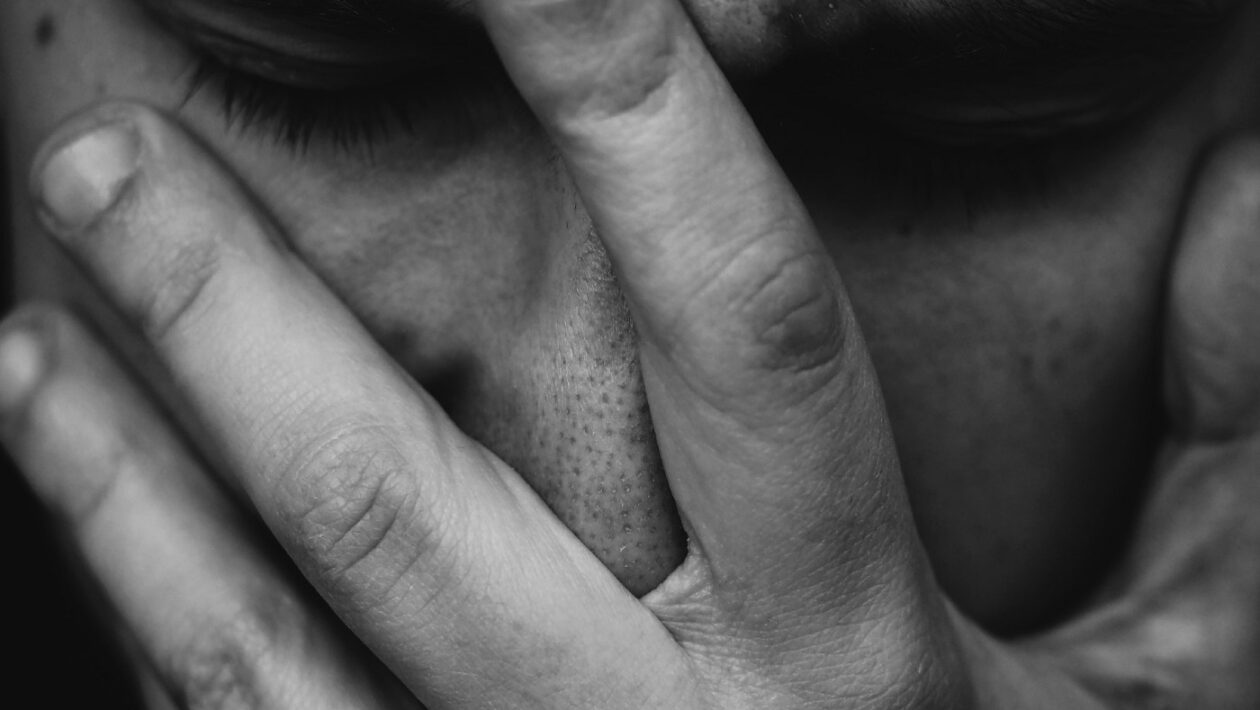
When a man who identified himself in anonymity as the “Ruler of a Fallen Empire” reached out to Cheryl Strayed while she was writing her Dear Sugar column on The Rumpus, he outlined his misfortunes to her as follows: he was in a loveless marriage, the economy had collapsed as had his business, and he had to work every day to keep food on the table for his kids. Most significantly, though, an accident that occurred years prior had left him with a chronic injury, and the chronic injury had left him with a “hopeless” addiction to his pain medication.
He explained to her that he felt he had three options: to continue as he is, knowing that he could die at any moment, to go to rehab, but potentially lose his house and business, or to go to AA/NA meetings in his small town in the Christian “deep south” where he would certainly ruin his reputation amongst whatever clientele still remained. To put it simply, Ruler believed he was staring at a dead end either way. Sugar thought otherwise. She believed his first step to a reckoning was coming clean with a medical professional, and eschewing no details.
“I know your instinct is to lie to your doctor, lest he or she cut off your drug supply, but don’t trust that instinct,” she said. “That’s the instinct that will ruin your life and possibly kill you.”
I underlined that last line in my copy of the book. That’s the instinct that will ruin your life and possibly kill you.
Perhaps the gravity of the Ruler’s situation is one you can resonate with. Maybe you have been there yourself. For most of us, we can at least empathize with the sense of knowing that the thing you feel and the thing you want is also the thing that could very damn well kill you if you listen to it. In his book, Can’t Hurt Me, David Goggins says that in the military, they have a saying: “We don’t rise to the level of our expectations, we fall to the level of our training.”
There is perhaps no arena of life in which this is more true than when it comes to how we have trained our minds.
Your feelings are going to ruin your life.
That probably seems surprising to anyone who thinks their feelings will be what makes their lives.
It’s not failure that will ruin you. It’s not lost. It’s not any other difficulties most people go through at some point or another. It’s your feelings about those events that either empower or stifle you when you try to move forward.
Most people fall to the latter.
Every functioning person alive has a mental comfort zone. This is not a metaphor, this does not refer to an abstract concept of what we are or aren’t accustomed to in life. Every stable person is that way because they have a series of benchmarks that they can check off that give them a sense of safety.
Sometimes, these benchmarks are a job or relationship. Sometimes, they are looking or dressing a certain way. Sometimes, they are falling within a certain social standing with others. No matter what, every single person has a series of ideas in their head that they need to remain static if they want to feel as though they are doing alright in life.
However, when one of these comfort benchmarks is broken or breached, people go into crisis mode. They do whatever they can to recreate a feeling of safety, even if that’s numbing out or being self-destructive.
This is the crux of self-sabotage: whatever is unfamiliar is also uncomfortable. Whatever is uncomfortable triggers our survival instincts. Whatever triggers our survival instincts inevitably becomes the enemy.
Most people do not move freely through life allowing themselves to experience the full range of their emotions with relative lucidity. This is for a good reason. If we truly let ourselves feel joy and awe at the morning sunset, we would likewise have to allow ourselves to become raving lunatics when something unjust occurs. One of those things will improve our mindset. The other might ruin our lives. You can see why we must temper, and select, which feelings we allow.
However, when we have big emotions that we do not have an outlet for, they get trapped in a feedback loop. We confront the lion, so to say, and then we cannot defeat the lion, because instead of a predator, our enemies are our thoughts, social status, or other things that exist in grey, intangible forms.
We get scared, and we never get over that fear.
People do not ruin their lives because they are stupid. They ruin their lives because they feel like it. They ruin their lives because they are so miserable and uncomfortable, that they must reach for anything that even just temporarily numbs out the pain.
At the root of most poor life choices is some form of trauma. Trauma is not an emotion in itself, it is actually the stopping of emotion.
It is not the feeling of being sad, it is that we are afraid to feel sad, because something bad might happen if we do. It is not the feeling of being happy and carefree, it is the fear of being happy and carefree because it was ripped away from us the last time we were that way.
Your feelings ruin your life when you let them govern you, unchecked.
They ruin your life when you dabble with substances that are highly addictive, because you are curious because you are bored because you are hurt. They ruin your life when you are unfaithful, largely for the same reasons. They ruin your life when you are unhealthy because you have not yet mastered self-control.
But even more insidiously, they ruin your life every day, in tiny ways.
They ruin your life when they convince you that worry is a shield, a barrier between you and pain, when in fact, it welcomes pain in and buries it deep within you. They ruin your life every single time you allow a triggering thought to create an emotional spiral within you, one that you follow into a pit, and are suddenly sidelined from your goals.
They ruin your life every single time you believe them, without question. Because feelings can be misguiding just as often as they are insightful. They can ruin us as easily as they can make us.
Those who master their lives do not let emotions master them.
Your feelings are a tool.
That does not mean they are always the right tool to use.
The problem arises when people do not recognize the space between a thought and the subsequent feeling that arises after it. This is how people get completely trapped in their own cages: they assume that their feelings must create certain thoughts and vice versa.
In reality, you can witness thoughts and feelings and still choose how you respond. Even if you’re exhausted. Even if your heart is pounding. “Not feeling like it” does not render you less capable. You are just as capable when you don’t feel like it as when you do.
When you listen to your emotions as your sole governing force, you recognize that they are fickle, influenced by a myriad of things both conscious and subconscious, within and outside of your control. Ultimately, they do not do the job you want them to do. They do not lead you to a full life without the consistent and rigorous use of logic, reason, and choice.
“Remember, it is not enough to be hit or insulted to be harmed, you must believe that you are being harmed,” Epictetus said. “If someone succeeds in provoking you, realize that your mind is complicit in the provocation. This is why it is essential that we not respond impulsively to impressions; take a moment before reacting, and you will find it easier to maintain control.”
Your feelings are just as capable of guiding you to the life of your wildest dreams as they are to the life of your worst nightmares.
The difference is going to be what you allow, what you permit, and where you allow your energy to go.
Your feelings are going to ruin your life, but they don’t have to. With practice and time, you can learn to make them work for you, not the opposite way around.

